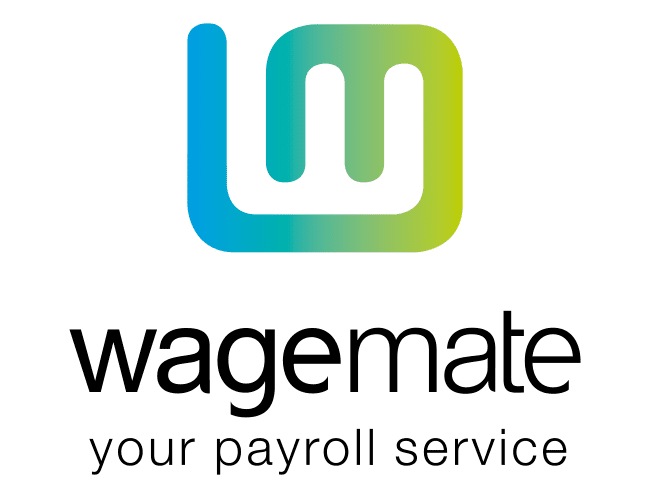Brexit & Your Business: 11 Questions You Should Be Asking Yourself As A Business Owner
Whatever your thoughts on Brexit, the UK’s exit from the European Union (EU) is going to have immense ramifications on the country for years; its rights, laws, trade and international relations.
While the topic has been subject to more talk and column inches than any other for the last two years, businesses are still faced with an alarming lack of detail as to what precisely it will mean for them.
Unfortunately, with internal political divisions still frustrating attempts to reach a consensus on precisely what Britain wants from negotiations – let alone agreeing this with the EU’s remaining 27 member states – this uncertainty is unlikely to be resolved in the near future.
As it currently stands, the last viable date to reach an agreement is the EU summit on 13th and 14th of December. Following this both the UK and European Parliaments must agree to the deal that has been negotiated.
There was concern that existing EU law and directives implemented in UK regulations, such as the Working Time Directive, would be eliminated. This has mostly been addressed by the controversial European Union (Withdrawal) Act, which makes provisions to essentially copy existing regulations into UK law. While these will apply upon leaving the EU, a key principle of the British legal system is that no parliament may bind a future one, and so any of these laws are subject to future alteration or repeal.
Presently there are too many possibilities to realistically plan for every eventuality, so the old maxim of hoping for the best while preparing for the worst is advisable.
Some key questions businesses should consider are:
- Do you currently have non-British European employees? Note that thanks to the pre-existing Common Travel Area, Irish nationals will still be able to work in the UK without additional processes.
- Do you depend on the European workforce for certain specialties?
- Are you part of, or depend on, a Just-in-Time supply chain?
- Potential border delays will occur under almost any likely deal for the foreseeable future, will this affect you?
- Are you ready for the new paperwork demands? For instance, without Customs Union access, more extensive customs declarations will be required.
- Is investment in your company likely to be affected by Brexit?
- If tariffs are changed/introduced, can your business cope with the additional overhead?
- What effect will the value of the pound have on your business?
- Will a potential downturn in the domestic economy affect your business?
- Does your business have Authorised Economic Operator status and is it worth pursuing?
- Can you take steps to mitigate any of the above?
Even if and when Brexit is finalised, the change in the country’s status and negotiating position will have massive ramifications going forward. The UK has decades of free trade agreements to negotiate with other world powers, each bringing unique compromises and opportunities.
Keeping abreast of developments in this area, trying to plan for the future and making sure you are not caught out as an employer by changing regulations is a fulltime job in itself. With all the added complications facing businesses due to Brexit, now is a better time than ever to streamline your operation.
Speak to Wagemate today on 03330 102 102 or info@wagemate.com
Visit wagemate.com












